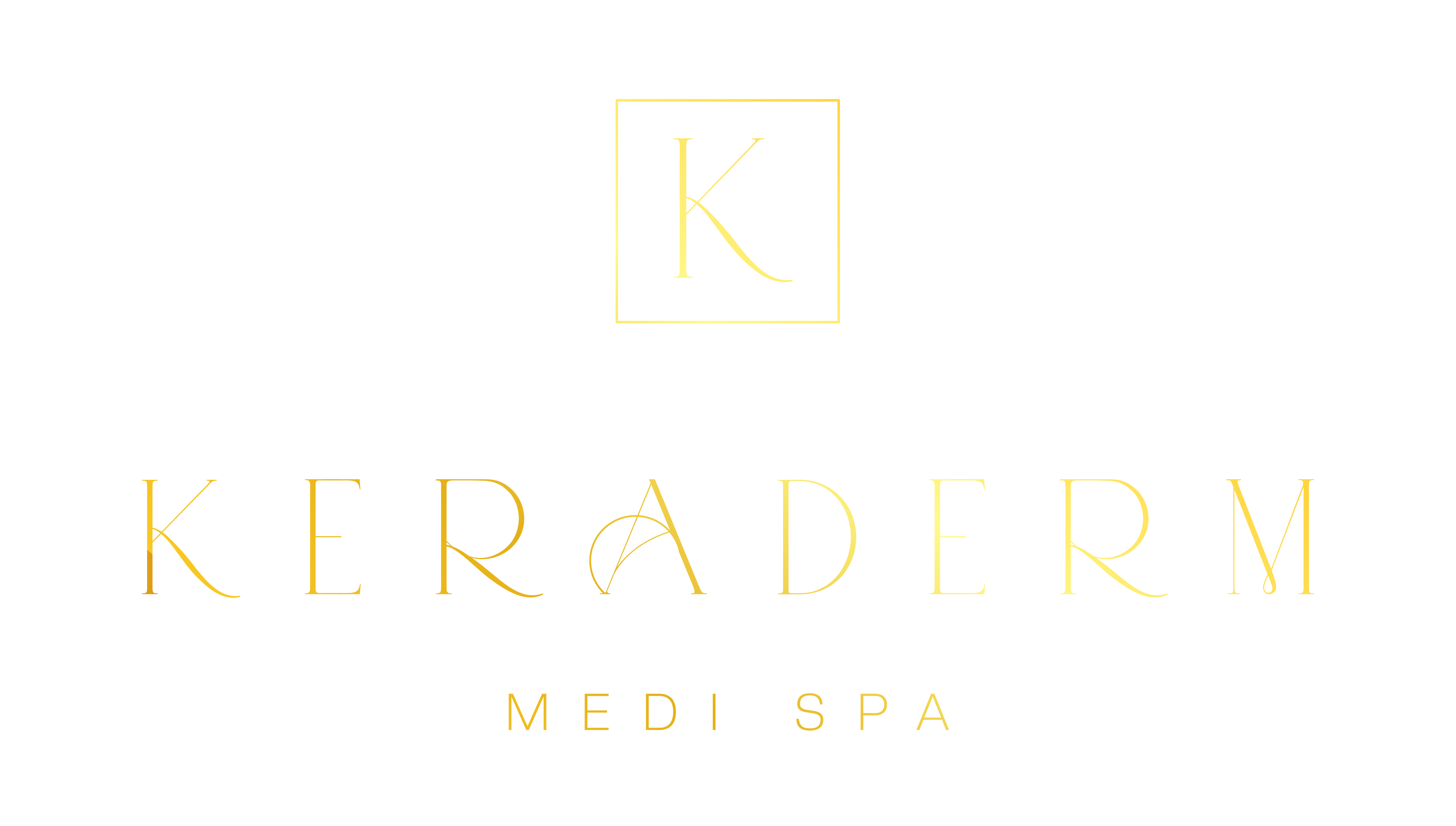Vitamin A
● Stimulates the production of new skin cells once it has been converted to retinol by the liver
● Contributes to keeping desirable levels of hydration in the skin
● Boosts the immune system
● Prevents the reproduction of viral cells, allowing the body the increased ability to
produce normal, healthy immune cells to fight infections
● Improves wound healing
Vitamin A Derivatives
See Astaxanthin, B-carotene, Lycopene and Retinol.
Acetate (Electrolyte)
● Hydrates skin
● Prevents fine lines and wrinkles
● Helps wound healing
● Reduces inflammation
Amino Acids
● Restore visible skin damage by connecting peptides and proteins
● Strengthen the surface of the skin, making fine lines and wrinkles less deep, and
ensuring the skin is hydrated
● Strengthen the immune system
● Improve mood
● Improve liver function
Ascorbic Acid
See Vitamin C.
Astaxanthin (Vitamin A Derivative)
● Provides photoprotection against UVA spectrum, whose effects are skin sagging and wrinkling
● Reduces the appearance of age spots
● Hydrates skin
● Boosts the body’s use of fatty acids, which helps endurance
● Prevents muscle and skeletal damage
● Provides antioxidant benefits
Vitamin B Complex
● Increase energy levels
● Promote cardiovascular health
● Improve cellular health
● Increase red blood cell production
● Benefit brain function
● Improve appetite
● Aid digestion
Vitamin B1
See Thiamine.
Vitamin B2
See Riboflavin.
Vitamin B3
See Niacinamide.
Vitamin B5
See pro-Vitamin B5.
Vitamin B6
See Pyridoxine.
Vitamin B7
See Biotin.
Vitamin B9
See Folic Acid.
Vitamin B12
See Cyanocobalamin.
Beta Carotene (Vitamin A Derivative)
● Supports eye health and prevents eye diseases
● Provides photoprotection (prevention of UV-induced erythema)
○ Provides antioxidant benefits
Benzocaine
● Relieves and prevents pain when used locally as an anaesthetic by preventing the propagation of sodium into the membrane of neurons, which inhibits the transmission of pain through the action potential
Biotin (Vitamin B7)
● Helps the body convert food into energy
● Lowers cholesterol
● Contributes to blood sugar regulation
● Assists in the metabolism of amino acids
● Strengthens hair and nails
● Boosts skin hydration
Vitamin C (Ascorbic Acid)
● Promotes healthy ageing, as it contributes to the defense system, acting as an antioxidant and an enzyme for essential growth and tissue repair of cells
● Helps defend against the damage that UV light can cause because of its
antioxidant properties.
● Lightens hyperpigmentation and encourage new collagen to grow
○ Helps preserve existing collagen levels of the skin, which can contribute to faster healing of scars, wounds and improve fine lines and wrinkles
○ Contributes to collagen synthesis
○ Repairs membrane-bound, oxidized vitamin E
● Helps the body produce the collagen necessary to resolve sink injuries
○ Tackles hyperpigmentation from sun damage or acne scarring
○ Reduces elastin production when overproduced following photodamage
○ Boosts immunity
○ Contributes to managing high blood pressure and may lower risk of heart
disease
○ Reduces blood uric acid levels, which can help with join inflammation and pain
○ Helps prevent iron deficiency
Chloride (Electrolyte)
● Balances fluids inside and outside of cells
● Optimizes pH in bodily fluids
● Helps maintain proper blood volumes
● Contributes to achieving desirable blood pressure levels
Cyanocobalamin (Vitamin B12)
● Increases energy by helping with the conversion of food to glucose
● Boosts athletic performance
● Keeps nerves and red blood cells healthy
● Increases red blood cell production and their oxygen-carrying capacity
● Prevents certain types of anemia
● Supports bone health and may prevent osteoporosis
● Improves mood and may improve other symptoms of depression
● Benefits brain health by preventing the loss of neurons
Vitamin D
● Enhances mood by keeping energy levels up and increasing blood flow
● Regulates calcium and phosphorus in the body, which helps maintain healthy
growth of bones and teeth
● Modulates inflammation, which helps heal damaged skin, including scars and wounds
● Activates the innate and adaptive immune systems
○ Facilitates the reparation of skin tissue needed to recover the injured skin
● Serves several biological functions in skin, including regulating the proliferation and differentiation of keratinocytes, hair follicle cycling, and tumor suppression
● Provides photoprotective effects
● Inhibits stress related protein activation
● Suppresses production of pro-inflammatory proteins
Vitamin E
● Slows down processes that damage cells, which can prevent and delay certain cancers and disease states
● Assists on cellular restoration caused by sun damage, scars and burns, promoting smoother skin and improved texture
● Prevents oxidative damage to cells caused by free radicals given its antioxidant properties
● Protects against collagen cross-linking and lipid peroxidation, which directly affects skin elasticity
● Provides photoprotection
Electrolytes
● Intervene in fluid balance
● Contribute to blood pH
● Maintain desirable blood pressure levels
● Affect muscle tissues
● Impact brain cells
Folic Acid (Vitamin B9)
● Helps produce and maintain new cells
● Protects cellular changes to DNA
● Reduces inflammation
● Improves certain types of anemia
● Reduces heart disease risk factors from the interaction of certain nutrients in the blood
● Promotes brain health and may contribute to the treatment of mental health disorders
Glutamic Acid (Amino Acid)
● Triggers the body’s own production of Glutathione
● Improves memory and focus
● Boosts the immune system
● Detoxifies the body
● Improves athletic performance
● Benefits the digestive system
Glutathione
● Inhibits melanin production, resulting in lightening of the skin
● Repairs oxidized Vitamin E reduction of skin pigmentation
● Prevents visible signs of ageing of the skin -like fine lines, hydration and elasticity,
given its powerful endogenous antioxidant properties
● Strengthens the immune system
● Detoxifies the liver
● Kills free radicals in our bodies
● Helps support brain health
Histidine (Amino Acid)
● Intervenes in the growth and repair of tissues
● Assists in the production of red blood cells
● Enables the formation of myelin sheaths, which are layers surrounding nerves,
allowing for faster transmission of signals to the brain
● Maintains normal levels of hemoglobin, which delivers oxygen from the lungs to the
tissues of the body
Isoleucine (Amino Acid)
● Enhances immune function
● Contributes to hemoglobin production
● Regulates energy
L-Cysteine (Amino Acid)
See N-Acetylcysteine.
Leucine (Amino Acid)
● Helps regulate blood sugar levels
● Stimulates wound healing
● Produces growth hormones
Levocarnitine
● Increases stamina
● Aids in athletic recovery
● Minimizes muscle soreness
● Contributes to heart health
Lidocaine
● Numbs the treatment area quickly and efficiently by altering the conduction of signals in neurons and blocking the voltage-gated sodium channels and preventing the generation of an action potential
Lycopene (Vitamin A Derivative)
● Mitigates oxidative damage due to UV light exposure
● Improves heart health
● Contributes to eye health
○ Provides antioxidant benefits
Lysine (Amino Acid)
● Helps in energy production
● Enhances immune function
● Contributes to calcium absorption and retention
● Improves anxiety by blocking the receptors involved in stress response
● Intervenes in the production of collagen and elastin
Magnesium (Electrolyte)
● Creates energy by activating ATP within cells, which allows increased physical performance
● Plays a critical role in the contraction of muscles
● Prevents cramps
● Contributes to anti-inflammatory properties in muscles and joints to help decrease pain levels
○ Provides antioxidant benefits
Methionine (Amino Acid)
● Plays an important role in the absorption of zinc and selenium, minerals that are vital to our health
● Lowers cholesterol levels by increasing lecithin production in the liver
● Nourishes hair, nails and skin
● Slows down cellular aging
● Provides antioxidant benefits
N-Acetylcysteine (Amino Acid)
● Precursor of Glutathione
● Promotes detox of the liver and kidneys
● Boosts brain health
● Stabilizes blood sugar by decreasing inflammation in fat cells
● Provides antioxidant benefits
Niacinamide (Vitamin B3)
● Releases energy from food through the metabolism of glucose, fat and alcohol
● Boosts the immune system
● Protects against oxidative stress
● Helps keep the skin and nervous system healthy in cell synthesis
● Contributes to the growth of a ceramide barrier which helps retain moisture
● Reduces inflammation of the skin
● Minimizes the appearance of pores
● Diminishes hyperpigmentation
Phenylalanine (Amino Acid)
● Contributes to stress management through the production of epinephrine and norepinephrine
● Boosts mood by contributing to the release of dopamine
Phosphate (Electrolyte)
Potassium (Electrolyte)
● Regulates fluid balance
● Controls electrical activity of the heart and muscles
● Protects against loss of muscle mass
● Preserves bone mineral density
● Reduces formation of kidney stones
● Helps lower blood pressure
Pro-Vitamin B5 (Vitamin B5)
● Facilitates metabolism of energy and proper absorption of nutrients
● Assists in neurological functions through the production of acetylcholine
● Regulates melatonin production
● Helps certain kinds of anemia because it contributes to red blood cell production
Pyridoxine (Vitamin B6)
● Improves mood and reduces symptoms of depression through its contribution to the production of serotonin, dopamine and gamma-aminobutyric acid (GABA)
● Aids in Hemoglobin production, which can prevent and treat certain kinds of anemia
● Decreases elevated levels of homocysteine, which are associated with heart disease and certain eye problems
● Enhances the production of collagen
● Restores skin hydration
● Improves skin texture
Retinol (Vitamin A Derivate)
● Reduces fine lines and wrinkles
● Diminishes age spots
● Helps cut down excess sebum production, which reduces the risk of acne
● Enhances the body’s immunity against infections
● Contributes to the proper functioning of eyes and vision
● Prevents urinary stones
Riboflavin (Vitamin B2)
● Works as a precursor of coenzymes important for many bodily processes
● Helps the breakdown of proteins, fats, and carbohydrates
● Contributes to maintaining desirable energy levels
● Improves respiration and energy production within the mitochondria of brain cells,
which can assist in treating migraines
● Provides antioxidant benefits
Selenium
● Lowers markers of inflammation in the body
● Contributes to the proper functioning of the thyroid gland, which regulates the
metabolism
● Boosts the immune system by lowering oxidative stress
● Aids in skin proliferation
○ Provides antioxidant benefits
Sodium (Electrolyte)
● Helps control fluids in the body, impacting blood pressure
● Intervenes in muscle and nerve function
Threonine (Amino Acid)
● Helps energy production
● Enhances immune function
● Contributes to structural proteins such as collagen and elastin -essential
components of the skin and connective tissue
Thiamine (Vitamin B1)
● Aids in processing sugar and amino acids
● Decreases levels of albumin in the urine, which helps protect against kidney
damage
● Increases the ability of the body to convert carbohydrates in our food to energy,
which is essential for glucose metabolism and keeps insulin levels within the desirable range
Tetracaine
● Blocks the transmission of nerve impulses, working as a local anesthetic by altering the function of calcium release channels that control the release of calcium from intracellular stores
Tocopherols
See Vitamin E.
Tryptophan (Amino Acid)
● Supports nitrogen balance, which contributes to the creation of serotonin
● Contributes to restful sleep
● Improves PMS symptoms
Valine (Amino Acid)
● Prevents muscle breakdown and boosts athletic performance
● Detoxifies the body, particularly from nitrogen
Zinc
● Helps regulate iron levels, which in turn provides the body with an energy boost, increasing red blood cell production
● Prevents the reproduction of viral cells, improving the body’s ability to produce normal, healthy immune cells to fight infections
● Assists in the creation of cellular protein and DNA
● Improves wound healing
● Aids in skin proliferation
○ Provides antioxidant benefits








